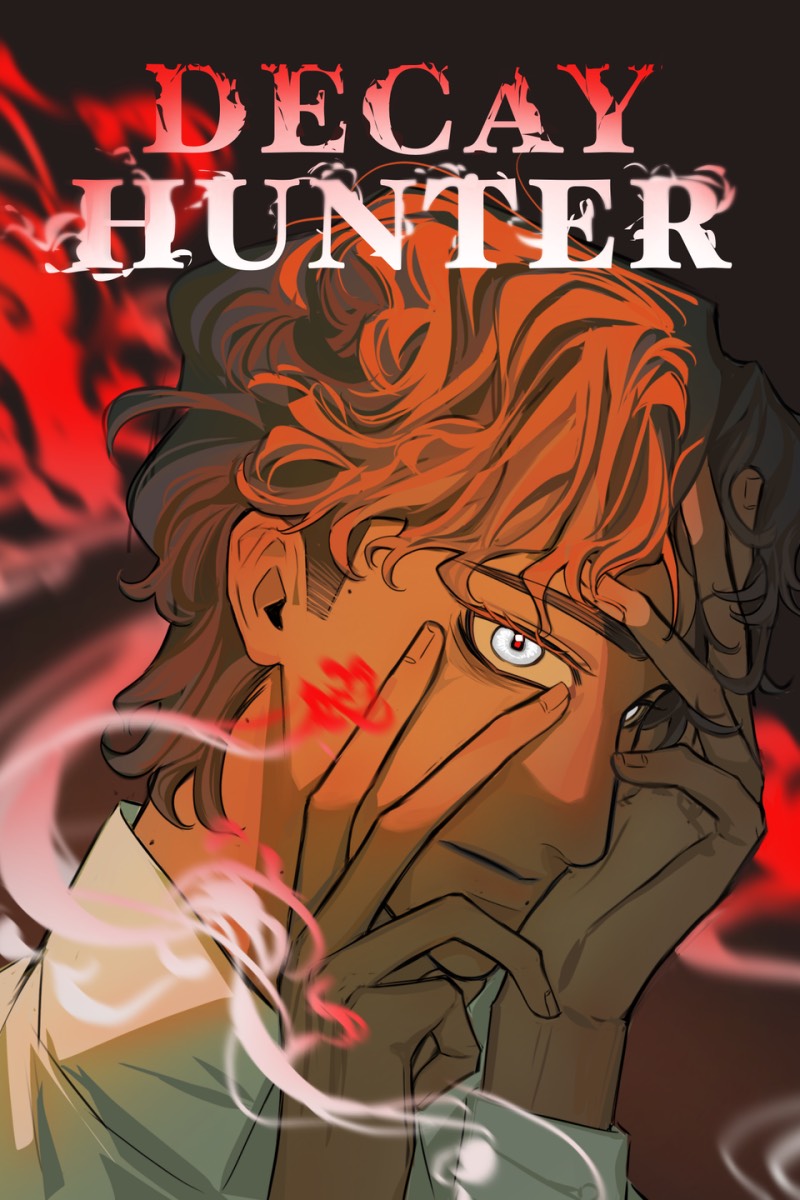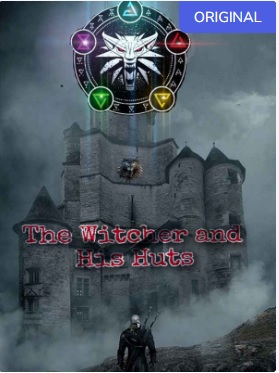Sophie
July 20th, 2017
12:12 AM
Sophie didn’t hear about Pip’s death from anyone’s mouth. That was what made her truly sad.
She had heard about it over the news. While she was heating up a cup of noodles. She heard it in the kitchen, the words straying into her periphery like a walking shadow.
Matthew ‘Pip’ Lafayette found missing.
Sophie ran into the living room, dropping her food all across the floor (it didn’t matter, nothing did). The reporter said he was missing. She knew he was dead, knew it her bones.
The first thing she felt was anger at that instant. She blamed Pip for it (for his own damn death, god she was crying so much when she screamed at him). Blamed his stupidity. Blamed his meekness. It made her so frustrated she didn’t eat all day. Didn’t sleep much either. Then the next day came. She was sad when morning came, it was a strange feeling to look at the morning glow of the sun and to feel it burn and wither her down. As if the sky was glaring at her. She just put the blinds up and curled into a ball on her bed and in the darkness (and only in darkness) was she genuinely comfortable enough to cry.
The day went slow. Though her thoughts and regrets and feelings went racing through her head. Her mother came up once. She knocked, Sophie didn’t answer. And when night came, she felt thankful for God for the first time ever.
She had a kind dream about Pip that night.
By the third day, she was finally feeling the pain of not eating and the pain of slowly rotting. She finally stepped out of her room around morning. She showered, breathed, watched numbing television. She ate a bit of soup left over, and grilled a sandwich that she ended up burning, but ate anyway.
That night, she had a nightmare.
She didn’t quite remember it. Though she screamed late into the night and woke up to sweat. And not knowing why she screamed was somehow worst than just remembering the damn dream. On the fourth day, then, she wandered to the police station to ask questions.
“Have you found his body?” She asked a woman who, by the loud, prominent clicks of her keyboard, seemed annoyed. She chewed some gum with long gnaws and looked at her.
“Where’s your mommy, kid?”
Sophie grabbed pens and pencils from a small mug on the counter in the main lobby and threw them at the receptionist.
Needless to say, they kicked her out. Not without her kicking and screaming.
“I almost took out my taser,” One of the officers said and sat her on a bench in front of the police station. “What’s your mom’s number he asked?”
She said nothing. When he reached down to check his pockets for his phone, she pushed him down to his ass and ran wild across the street. The man tried following, he gave up after ten seconds. She knew how to climb fences, and fast too.
After three days of crying and exactly one afternoon of fruitless journalism, she came back home. A little angry still, very much sad. But that night, stranger than all the others, she felt resolute at all.
She went underneath her covers and looked at a map of the city. She circled where Pip had been kidnapped. These were the beginnings of her plans, and sleep wasn’t part of them. It’s not like her racing heart would let her rest anyway.
By midnight, that very night, she was ready.
She had in her backpack, in no particular order: a map of the city, a fresh sweater and a few bags of treats. Candies mostly (she was still a child). She threw in a packet of jerky to pretend it was a healthy, good trail mix. She had the plan outlined, she rewrote it and redrafted ten times.
It was simple, really, all she wanted to know was what happened to Pip. She thought it to be an easy plan, retrace her steps and interview the people around the scene of the crime. It’s not like she didn’t have an idea where he might have been kidnapped, he had gone the opposite way of hers that night. And with this in mind, she retraced her steps. The points of interest seemed obvious; Pete’s Bakery, Lowrie’s Loundra-mats, The Devil’s Tail. She didn’t want to go to the latter in particular, it was a loud nightclub. But she would, like she would the other places and homes in the area.
“It’s not like the police are doing anything, right?” She said to a small stuffed animal. Mom told her she was too old for toys, but they were helping her now.
Mom said a lot. But now, this late at night, she was silent. She stepped down to the living room with her gear on her back, her soft sneakers tip-toeing across steps. Sophie’s mother lounged on the sofa downstairs. A plastic clock ticked away, it was in the shape of a black cat, and the pendulum tail swung for each second dialed. A television returned static, her mother fell asleep with the remote in her hands.
The cat meowed. It was twelve thirty exactly. She looked down.
“I’ll be back home soon,” Sophie said. Her mother had left dinner for Sophie, she realized when she turned to the kitchen. It was just a Styrofoam cup of noodles, now waterlogged. The noodles looked like small slugs inside the cup.
“Thanks,” Sophie whispered. Her mother snorted. It sounded like a cackle in the emptiness of the house. It was the first time she had ever felt the house to be too big and herself, too small. She didn’t know why she felt nostalgic for the month-old stained oak countertops or the rings of dirt that decorated the glass tables from cans of forgotten beer or the walls peeling their paint and paper like old bark. It should have been terrible, this rotting house, but it felt like home to her.
Her nose sniffled.
“You can’t even take out the trash.” She spoke low, her voice was strained. She walked to the kitchen and swung the black bag over her left shoulder. It was bigger than her, but she carried it with ease. Her mother laid on the sofa, mouth open. There were green shadows around her eyes from smudged makeup, her drooling lips dripped brown lipstick. Her cheeks were flushed red, though she was not afraid or ashamed or angry like Sophie was. Sophie found a cigarette bud on her mother’s chest and flicked it to a glass cup. It had left a burned hole in her shirt. She kissed her mother on the cheek and wiped her lips of the taste of foundation and of rouge.
Her mother rolled to the side, she dug her face into the sofa.
“You’re never there for me,” Sophie said. “But I still love you,”
She finished.
She did not sneak out, she did not make any effort to hide anything. She grabbed her clunky bag of trash and opened the door. It wasn’t like the Hollywood movies made it out to be, when you have a parent too tired to care, it’s easy to go unnoticed.
She walked out. She walked around the side and dumped the trash.
She turned around and waved goodbye. The door closed and the warmth of her house left her out in the open, to a midnight chill on the sidewalk of her street which in this new darkness, seemed foreign to her.
The broken lights of crooked posts blinked down at her. She met travelers, some few minutes into her walk, they looked hostile. Their teeth looked like daggers but she pressed forward, weak and wobbly, she moved on.
She neared a park whose dry grass felt rough against her Achilles heel. She scratched herself going to the large tree at the center and climbed it like a Crow’s nest and looked out to give direction to the worried captain, her heart. Beyond the horizon stretched out the thin veil of darkness, she faced away wild wind. There was a curiosity in the small lights of apartments and of streets, like stranded stars in a growing dark space.
Here lay all the mystery of life and death, and her the sole detective to it all.
Oh, what great mystery for her but to you, dear reader, I will leave no surprise: Sophie would die tonight.











